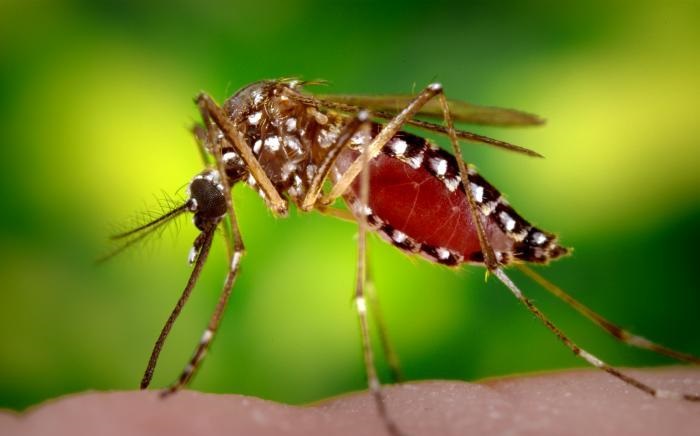Gene Drive Technology: Where is the future?
Gene drive technologies may one day help alleviate the burden caused by diseases transmitted by mosquitoes and other animal vectors.
The BioScience Talks podcast features discussions of topical issues related to the biological sciences.
Gene drives have the potential to revolutionize approaches to major public health, conservation, and agricultural problems. For instance, gene drives might one day prevent mosquitoes from spreading a variety of deadly diseases, including Zika virus, malaria, and others. A form of genetic modification, the technology works by causing a particular genetic element to spread through populations, thereby making it possible to change species in the wild. Despite the significant promise, caution is warranted, says a new report from the National Academies of Sciences, Engineering, and Medicine's Committee on Gene Drive Research. According to the committee, gene drives raise a variety of ecological and regulatory questions that have yet to be answered. For this episode of BioScience Talks, we're joined by committee co-chair James P. Collins of Arizona State University and committee member Joseph Travis of Florida State University. They fill us in on the specifics of the report and on the future of gene drives.
To hear the whole discussion, visit this link for this latest episode of the Bioscience Talks podcast.
Source: American Institute of Biological Sciences
http://www.biologynews.net/archives/2016/06/29/gene_drive_technology_where_is_the_future.html
BİOLOGY NEWS
-
RNA from Trained Aplysia Can Induce an Epigenetic Engram for Long-Term Sensitization in Untrained Aplysia.
-
HOW WE BECOME HAPPY
-
More tomatoes, faster: Accelerating tomato engineering
-
Purest yet liver-like cells generated from induced pluripotent stem cells
-
Legions of nanorobots target cancerous tumors with precision
-
CRISPR gene editing reveals new therapeutic approach for blood disorders
-
Quantum dots with impermeable shell: A powerful tool for nanoengineering
-
Thousands on one chip: New method to study proteins
-
Gene Drive Technology: Where is the future?
-
Four newly identified genes could improve rice
-
Watching the luminescent gene switch
-
DNA damage by ultrashort pulses of intense laser light
-
Mantis shrimp inspires next generation of ultra-strong materials
-
Specialized life forms abound at Arctic methane seeps
-
Ocean warming and acidification impact on calcareous phytoplankton



